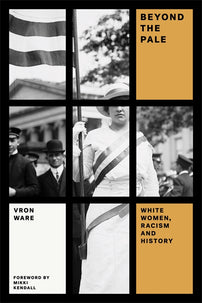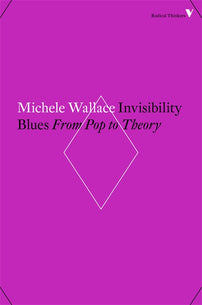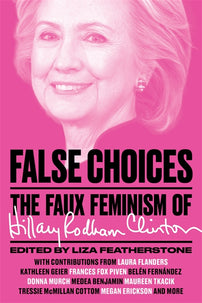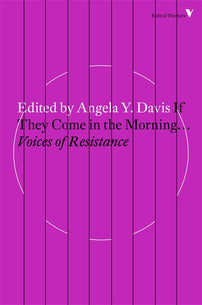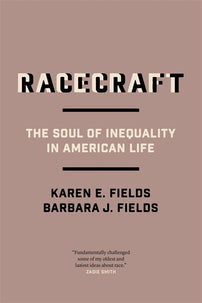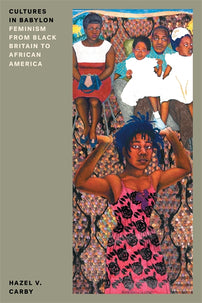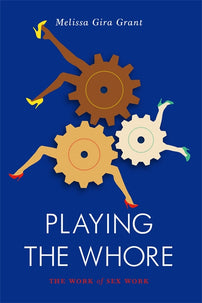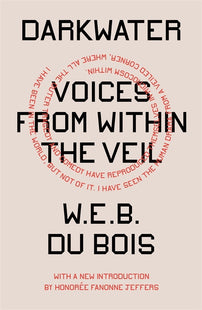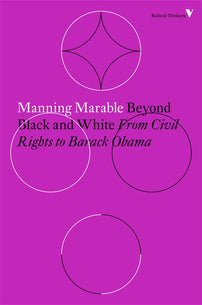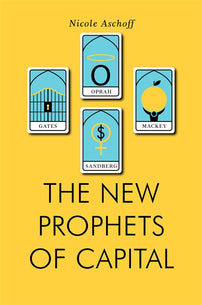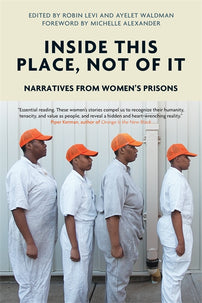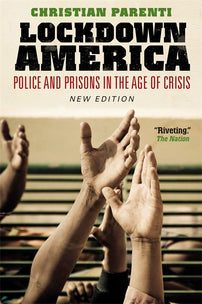Dehumanization by Deification: On Kamala Harris and "Black Women Will Save Us"
“Black women will save us!” has become a kind of liberal refrain following the presidential election (where 94% of Black women voters supported Clinton) and the emergence of Maxine Waters and Kamala Harris as congressional gadflies.

My introduction to the politics of Kamala Harris came from the Sex Workers Outreach Project (SWOP) and other sex worker organizations and activists in the wake of the federal shutdown of Backpage’s adult section in January. Backpage was a website that a number of sex workers used to advertise and screen potential clients. The closure and federal persecution of Backpage, Rentboy.com, and other similar online spaces meant that escorts and other sex workers were denied the ability to conduct their work with the degree of safety that comes with the virtual separation of workers and their would-be clients. As a newly elected California senator, Harris praised the shutdown of the adult section; previously, as California Attorney General, Harris repeatedly sued Backpage alleging that the website was profiting in the sex trafficking (and slapping its CEO, Carl Ferrer, with a pimping charge).
Despite arguments by sex workers that the closure of online work spaces would be harmful to them, Harris, like many others, claimed to support sex workers while actively making their lives more difficult: her prosecutorial logic deliberately conflated voluntary sex work and sex trafficking in a way that was indistinguishable from the rhetorics of sex work abolitionists and sex work exclusionary feminists (SWERFs). Her carceral justifications for these criminalizations were complementary to the outright anti-poor, anti-Black, anti-queer and trans attacks from the present administration and their material implications for sex workers. Yet Harris has swiftly been elevated as a kind of progressive feminist hero injecting new life into the party purporting to stand in stark ideological opposition to the one currently dominating most of the American government.
Harris has also been heavily criticized for her support for civil asset forfeiture (via her 2015 sponsorship of legislation seeking to battle transnational organized crime and meth trafficking) and her office’s refusal to expand early parole programs because the state would lose part of its heavily subsidized inmate labor force (she later claimed to be “shocked” that her department’s lawyers made this argument). She also contested the appeal for gender reconstructive surgery made by an incarcerated trans woman, Michelle-Lael Norsworthy, as well as similar requests from other incarcerated trans people. Despite her bipartisan effort with Republican Senator Rand Paul to eliminate pre-trial bail, people familiar with her pre-Senate record on criminal justice are reasonably skeptical of her — particularly given her refusal to proactively investigate police shooting in San Francisco during her tenure as state attorney general — and the buzz from establishment Democrats and “progressives” that has made her a new party darling and a soft potential 2020 presidential candidate.
“Black women will save us!” has been a kind of refrain both following the presidential election (where 94% of Black women voters supported Clinton) and the emergence of Maxine Waters and Harris as congressional gadflies outspokenly challenging the Republican Party in various hearings on Capitol Hill. As with Hillary Clinton, a gendered liberal rhetoric has emerged to defend Harris, claiming that she is being criticized because “leftist bros” are resentful of and threatened by female political leadership. Liberal commentators continue to conflate the most vocal and visible contingent of Bernie Sanders supporters — “Bernie Bros” — with the entirety of the left, and use this conflation to insist on dismissing “the left” on the grounds of racism. There is no denying that whiteness is reproduced (and the labor behind that reproduction invisibilized) throughout much of the left, but even if these critiques were made in good faith, it does not make sense to erase of leftists of color if one intends to further progressive discourses.
Roqayah Chamseddine wrote incisively on this dynamic where slightly left of center [white] pundits deliberately elide non-white contributions to left movements and discourses in the name of a left-baiting centered around specific politicians (namely, Bernie Sanders). She responds to Jill Filipovic’s revisionist erasure of Black and Brown contributions to 20th century left organizing, writing that leftists of color are not acknowledged for anything outside of "the illustrations of us they use to peddle neoliberal policies, and centrist organizing tactics that are about as spineless and cartoonish as their very ideology.” These savioristic declarations that the left is exclusionary demonstrate that leftists of color are "only good enough to exist as garments — worn on occasion when they want to make it known that they are here to save us from this so-called white ideology.”
There are critiques of Kamala Harris and Hillary Clinton that simply reflect a contempt for women [of color], and those misogynies are of course unacceptable. But there is a duly irresponsible and unacceptable idea that an individual’s politics are beyond reproach because they possess a marginalized identity (or multiple ones). Just as it was warranted to criticize President Barack Obama’s defense of empire as president or LGBQT people’s homonationalist and pinkwashed participation in the police state or some white women’s embrace of white supremacy, it is both politically necessary and politically correct to make pointed critiques of a woman of color’s track record of advocating for and even embodying the carceral state. Ironically, many of these same white people — particularly liberal white women — pay lip service to “amplifying the voices of women of color," yet they, once again, erase our voices as soon as they realize that our opinions are not monolithic and we cannot be so easily objectified and dehumanized as the saviors of liberalism through empty rhetorics of representation and inclusion.
The refusal to acknowledge the violent politics of a woman of color because of her raced-gendered identity is comparably racist to a critique of woman of color that revolves solely around those identities: white supremacy, remember, knows no sectarian or ideological bounds. Dehumanization, whether through degradation or deification, reflects of bigoted regard for minoritized individuals or groups; it objectifies of the identities of women of color to suit one’s politics. It is both infantilizing and condescending to avoid holding women of color’s politics to the same standard of rigor as the white men we easily (and necessarily) critique. and rests on no meaningful understanding of hegemonic social structures. This superficial politics of representation (i.e. the idea that elevating minorities to positions of power is an unquestioned social good regardless of their politics) and a weird fetishization, rather than actual respect, for non-white womanhood.
There seems to be an irreconcilable dissonance in this white liberal logic: how can "Black women save ‘us’” if the complexity and heterogeneity of our discourses, identities, needs, and humanity are ignored to make room for our superficial insertion into and tokenization within anti-left “progressive” arguments and shallow pandering by the Democratic Party during election cycles? Beyond, once again, demonstrating the limitations of politician-centered politics, these identity-based politics of infallibility also softly seem to insinuate that women of color (and politicians of color in general) are impossibly fragile or less capable (or worthy) of receiving much-needed critique without being altogether abandoned or seen as disposable.
If we can criticize the ineffectuality of the Democratic Party, can we not also criticize the non-white figures they tap to push those same dissatisfying politics on the party’s behalf?
The role of a state attorney general is to act as the state’s premiere law enforcement officer, and in occupying this position, Harris was essentially enforcing the will of a racist and anti-poor state “justice” system (the most populous state and one of the most expansive carceral states, at that). To pretend that only white men could possibly articulate a radical critique of this political track record and trajectory is wildly disingenuous. We will surely see Kamala Harris’ name all over the news in the coming years, but more important than the political advancement of the new progressive superstar is the revelation of white liberalism’s complete inability to engage non-white women both within the public political arena and outside of it.
Zoé Samudzi is a Black feminist writer and doctoral student in Medical Sociology at the University of California, San Francisco.
[book-strip index="1" style="display"]